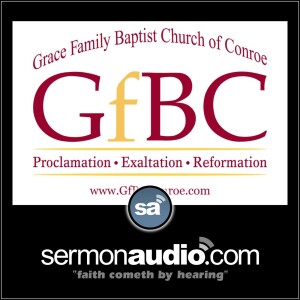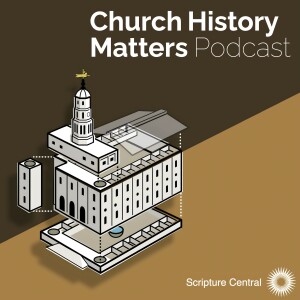

The sermon centers on the theological question of the extent of Christ's atonement, arguing that Jesus died specifically and effectively for the elect—those given to Him by the Father—rather than for all humanity in a general, potential sense. Drawing from Scripture, especially passages in Romans and John, it emphasizes that Christ's death was not merely sufficient but actually efficacious for His people, as evidenced by the inseparable connection between His atoning work, intercession, and the...
The sermon centers on the theological question of the extent of Christ's atonement, arguing that Jesus died specifically and effectively for the elect—those given to Him by the Father—rather than for all humanity in a general, potential sense. Drawing from Scripture, especially passages in Romans and John, it emphasizes that Christ's death was not merely sufficient but actually efficacious for His people, as evidenced by the inseparable connection between His atoning work, intercession, and the application of salvation through the Spirit. The sermon refutes the notion that a general atonement is more just or merciful, affirming instead that God's sovereignty and grace are fully displayed in His particular redemption, which grounds both assurance and boldness in evangelism. Ultimately, the doctrine is presented not as abstract theology but as a foundation for worship, gratitude, and confidence in God's eternal purpose, where every aspect of salvation—justification, sanctification, and glorification—is secured for those whom God has chosen.
View more
Comments (3)
More Episodes
All Episodes>>You may also like
Create Your Podcast In Minutes
- Full-featured podcast site
- Unlimited storage and bandwidth
- Comprehensive podcast stats
- Distribute to Apple Podcasts, Spotify, and more
- Make money with your podcast
It is Free












